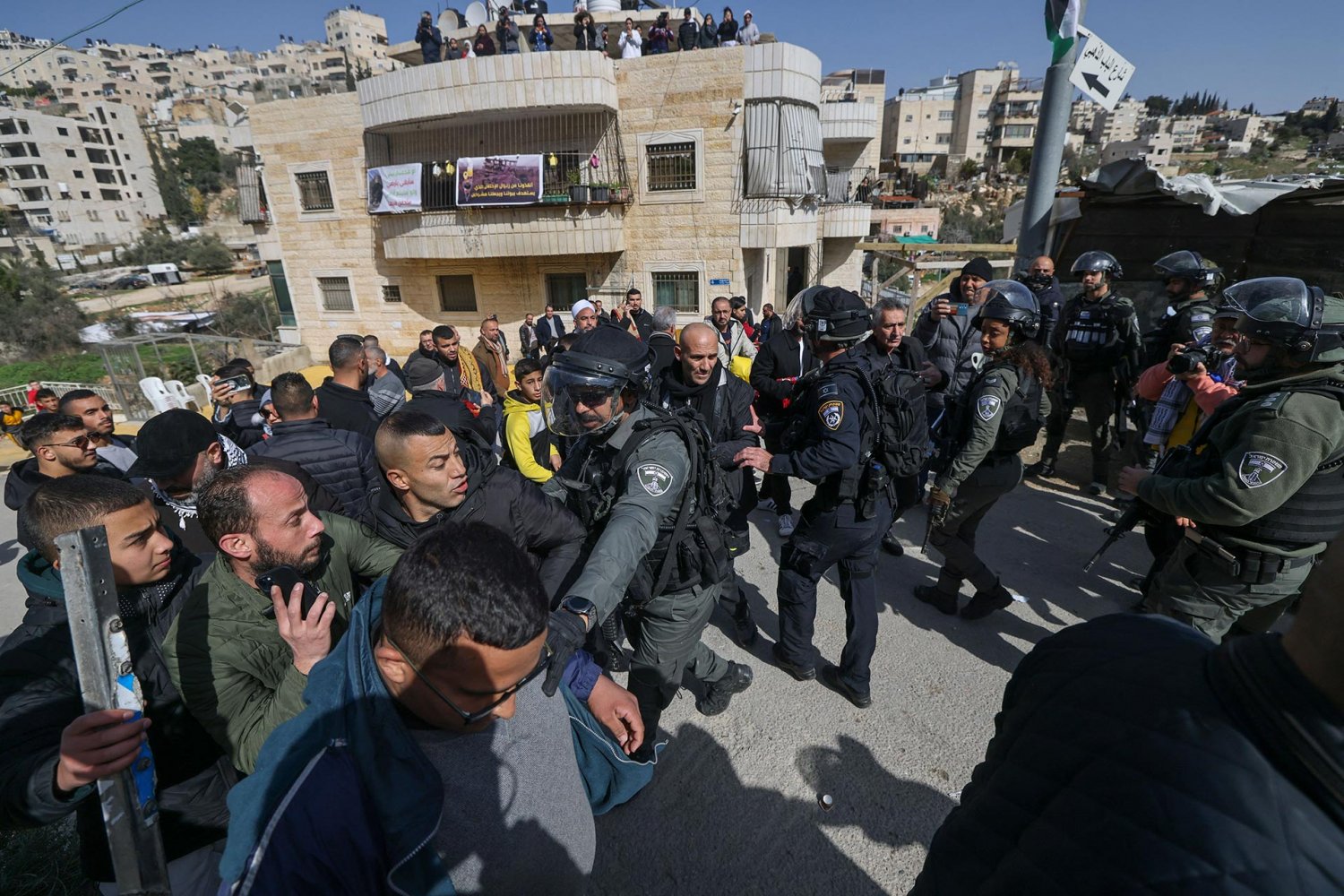Jamal Dajani, a Jerusalemite and former head of communications in the Palestinian prime minister’s office, told Jerusalem Story that Ben-Gvir is a follower of the late extremist Rabbi Meir Kahane, whose party was banned from participating in the Knesset elections in the 1980s and was classified as a terrorist group in the US. “Just like Kahane, Ben-Gvir will try to ethnically cleanse Palestinians from their ancestral homes, in East Jerusalem and the West Bank; the only difference is that Ben-Gvir is far more dangerous than Kahane and has the majority of the Israeli government behind him."30
Maha Husseini, a Palestinian activist in Gaza who uses the Twitter handle @MahaGaza, commented: “Israel is sending aid to support the earthquake victims in Turkey and bulldozers to demolish Palestinians’ homes in East Jerusalem.”31
Haggai Matar, the Israeli editor of the online +972 Magazine, also commented on the bizarre situation in Jerusalem. Tweeting under the handle @Ha_Matar, he tackled the strange juxtaposition of Israeli democracy demonstrators vs. house demolitions in the same city. “Right now, tens of thousands of Israelis are demonstrating in West Jerusalem, chanting slogans ‘for democracy’. Meanwhile, the state is demolishing Palestinian homes in East Jerusalem. There is no democracy with apartheid.”32
Dimitri Diliani, a Jerusalemite and spokesperson of Fatah’s reformist democratic faction, told Jerusalem Story that Ben-Gvir is taking advantage of the unprecedented authority given to him through the newly formed government coalition agreement: “Ben-Gvir combines moral and political bankruptcy along with criminal tendencies and the power to act on them, leaving the region under an immense threat of escalation of violence which has led, since the beginning of this year, to 47 Palestinians dead—of whom 10 were children—45 home Palestinian demolitions, hundreds of arrests, and tens of Israeli security forces assaults against Palestinian civilians.”33
Diliani, who is also president of the National Christian Coalition, called for a much more robust international effort to protect Palestinians: “The Palestinian people need international protection, especially in East Jerusalem, where Israeli instigations and hate crimes against Palestinians are being committed at an alarming rate.”34
Like last year, the upcoming Islamic holy month of Ramadan will overlap with the Jewish Passover this spring. With tensions and emotions running so high, Palestinian deaths now a near-daily occurrence, inflammatory rhetoric suffusing the public discourse and the media, guns at the ready in Israeli civilians’ pockets, and hundreds of more police soon to arrive in the city, an even bigger explosion is only a matter of time.








